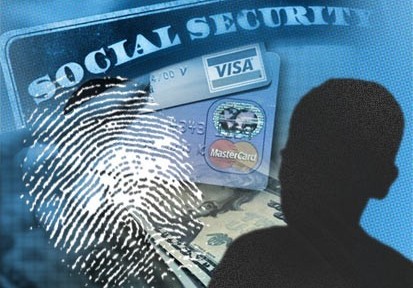 When we travel it’s often to “get away from it all”, yet we still like to be connected.
When we travel it’s often to “get away from it all”, yet we still like to be connected.
And, today, it’s getting easier and easier to stay plugged in no matter where you go thanks to the prolific number of networks that are available to us at coffee shops, airports, hotels, parks, cultural sites, restaurants and more!
But, when you travel, you’re even more at risk for online hacking because you’re often using a public or unsecured WiFi network to get online.
And, if you think just because you’re paying to use a connection or because it’s password protected that you’re safe, think again: “According to Marian Merritt, Internet safety advocate at Norton by Symantec (maker of Norton AntiVirus), the two main risks you face when using a hot spot are having someone track your online movements via the network you’re logged on to or trick you into using a “fake” hot spot, either by offering it up for free or mimicking the name of a legitimate one. In both instances, a hacker can potentially see your passwords, e-mail, social networks, bank accounts, documents, and more.” (Source: Travel & Leisure) Yikes!
The truth is, staying safe while traveling starts at home, well before the vacation begins!
If you’re wondering how to keep your devices, information and data secure even while traveling, we’ve got 12 tips for you.
Before Traveling…
- Back-up all your devices.
- Create temporary travel passwords, and make sure they’re strong and long.
- Turn on your computer’s firewall.
- Invest in a VPN (Virtual Private Network) to encrypt your communications and reroute all traffic through a private, secure connection.
- Don’t change the security settings on your phone. Generally your phone’s default settings are relatively secure.
- Turn off autofill and cookies. If your laptop or phone automatically enters your login info for familiar websites, be sure to turn that off before you travel.
- Handle all bank transactions from home, before you leave.
When traveling…
- Only connect using encrypted WiFi networks or a hard-wired connection, unless you have your own WiFi hotspot or use a VPN service.
- Never use public computers for logging into private accounts like email, Facebook, credit cards, or any other site that has access to your personal info.
- Switch off your phone’s wireless connection when you’re not using it.
- Cellular networks tend to be secure, so instead of suffering obscene roaming charges, purchase a data plan. Both Verizon and AT&T offer affordable global data roaming packages.
- Always use a site’s https address if available — https connections are safer and more secure than standard http.
